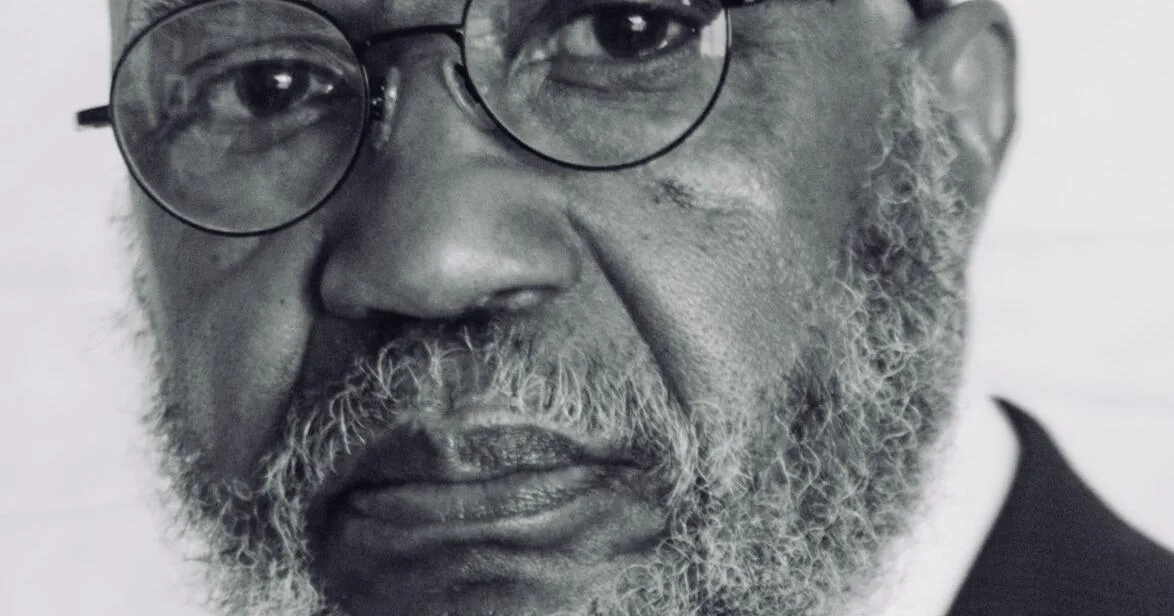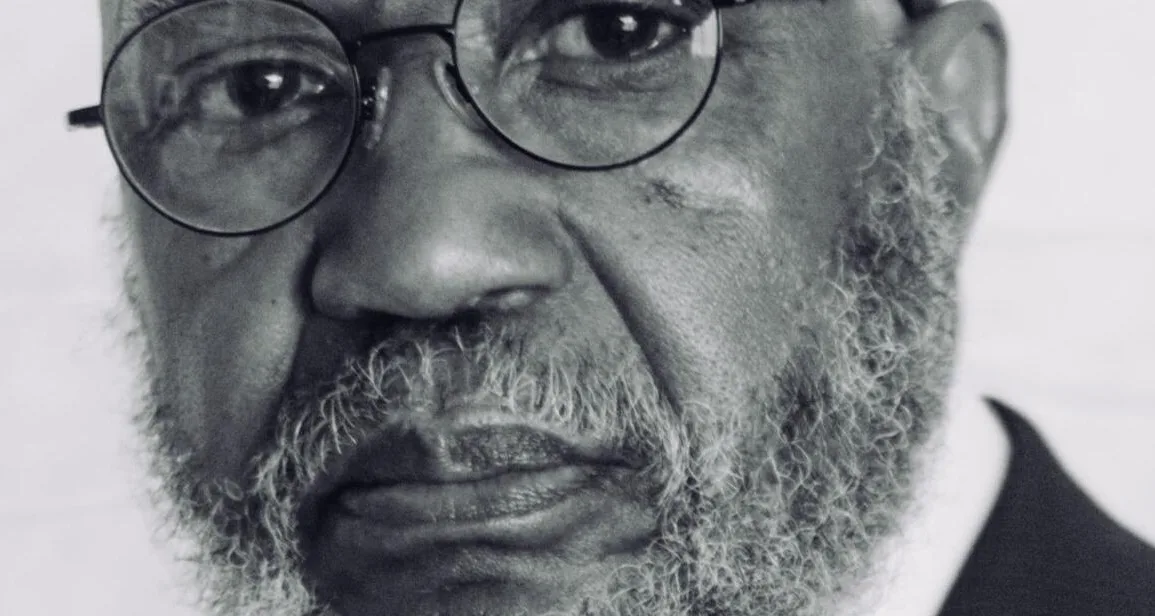
Past landmark decisions of the Supreme Court of the United States have evinced a court of imperfect beings, interpreting an imperfect document crafted by imperfect men harboring flawed perspective of justice to all humanity, whose values and social standards imprinted the foundational document of America.
When the court deliberated the Dred Scott v. Sandford case in 1857, the Justice’s interpretation that the Preamble to the Declaration of Independence, and the Preamble to the Constitution of the United States — We the people — did not inure to the enslaved persons of African descent was flawed. The African’s dual existence as a person and as property, ownership of property having preeminence, forced the escaped slave to relinquish the freedom so briefly tasted.
The Plessy v. Ferguson ruling in 1896 was shaped by the social norms of Jim Crow Law. The African American, under the provisions of the Fourteenth Amendment, were guaranteed equal protection, and by extension equal accommodations in public systems and institutions. The deliberative powers of the sitting Justices were jaded by the circumstances of their times. The men adjudicated out of their interpretation of the constitution through the prism of the social climate in the Jim Crow Era.
It was by unanimous consent that the court overturned Plessy v. Ferguson in the 1954 landmark school desegregation decision in Brown v. Board of Education. This decision signaled a less dogmatic interpretation of the constitution in its original ideological form and a move towards inclusion of African American as citizens possessing inalienable rights. Recent decisions upholding provisions of the 1965 Voting Rights Act are affirmations of this shift in the court’s ideology.
With recent developments in the political arena, the need again arises for the Supreme Court to marshall the boundaries of constitutional jurisprudence to state legislatures.
The nation’s political climate has been raucous since the 2020 elections, and arguably since the election of the nation’s first Black President in 2008.
Election deniers, and conspiracy theorists have crisscrossed the country spinning lies about the results of the 2020 Presidential election and discord among voters. State legislatures pushed through restrictive changes to the voting processes, and conservative Republican legislators gerrymandered their districts. It is a power grab reminiscent of Jim Crow politics.
The North Carolina Republican legislators brought to SCOTUS, in the lawsuit, Moore v. Harper, that purports the ‘independent state legislature theory.’ In a 6-3 opinion, the court majority rejected the controversial and destabilizing legislative move. With the supporters of the stolen 2020 election holding critical state offices, the 2024 elections would be nothing short of chaotic with state control over the outcome of federal elections.
Another important Supreme Court ruling came Thursday with the 5-4 decision upholding Section 2 of the Voting Rights Act.
The Alabama Republican legislature must redraw their gerrymandered districts. Congressional maps were drawn that diluted the representation and voting strength of African Americans. Only one out of seven districts were left with a Black majority of voters. Alabama has a twenty-five percent Black population. Republican controlled state legislatures in Louisiana, Georgia, South Carolina, and Ohio may also have to redraw congressional maps.
It is good that the Supreme Court stands against extremist efforts to disrupt the values of our country that is striving to be the America we can all freely experience.
Norman Franklin is an Evangelist, Ordained Baptist Minister, General Principal of Best Life Coaching LLC.


